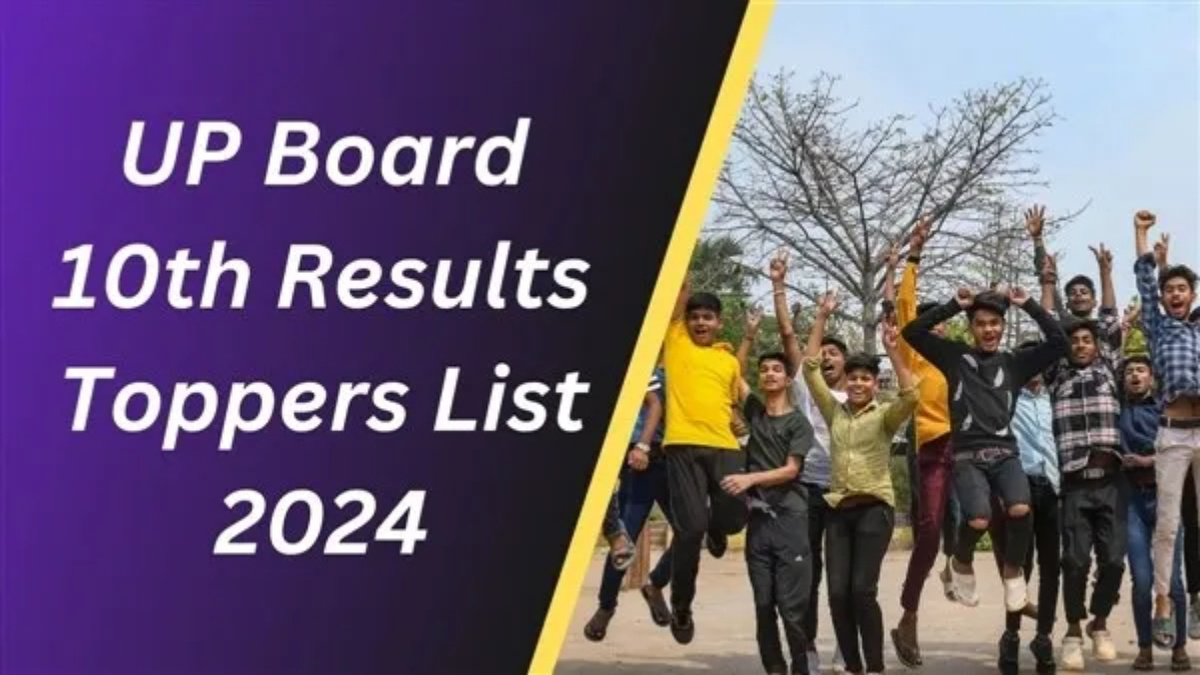
UPSC (Union Public Service Commission) has released its notification for CDS (Combined Defense Services) Examination for the year 2013. UPSC is all set to conduct the CDS exam on 17th of February, 2013 in order to provide admissions.
The subject, marks and timing details for writing exams are as shown below:
| Subject |
Duration | Maximum Marks |
| a) For Admission to Indian Military Academy, Indian Naval Academy and Air Force Academy | ||
| English |
2 hours | 100 |
| General Knowledge | 2 Hours |
100 |
| Elementary Mathematics | 2 Hours | 100 |
| b) For Admission to Officers Training Academy | ||
| English |
2 Hours |
100 |
| General Knowledge | 2 Hours | 100 |
Please Note:
- The papers in all the subjects will consist of objective type questions only. The question papers of General Knowledge and Elementary Mathematics will be set bilingually in Hindi as well as English.
- In the question papers, wherever necessary, questions involving the metric system of Weights and Measures only will be set.
- Candidates must write the papers in their own hand. In co-circumstances they will be allowed the help of a scribe to write answer for them.
- The Commission have discretion to fix qualifying marks in any or all the subjects of the examination.
- The candidates are not permitted to use calculator for answering objective type papers. They should not therefore, bring the same inside the examination hall.
Standard Of UPSC CDS-2013 Examination:
Elementary Mathematics paper will be of Matriculation level where as other subjects will approximately be such as may be expected of a graduate of an Indian University.
Syllabus Of UPS CCDS-2013 Examination:
1. English (Code no.01): The question paper will be designed to test the candidates understanding of English and workman like use of words.
2. General Knowledge (Code No. 02) : General Knowledge including knowledge of current events and of such matters of everyday observation and experience in their scientific aspects as may be expected of an educated person who has not made a special study of any scientific subject. The paper will also include questions on History of India and Geography of a nature which candidate should be able to answer without special study.
3. Elementary Mathematics (Code No. 03) :
- a) Arithmetic: Number System-Natural numbers, Integers, Rational and Real numbers. Fundamental operations addition, subtraction, multiplication, division, Square roots, Decimal, Fractions. Unitary method, time and work, percentages, applications to simple an d compound interest, profit and loss, ratio and proportion, variation.
- b) Elementary Number Theory: Division algorithm. Prime and composite numbers. Tests of divisibility by 2,3,4,5,9 and 11. Multiples and factors. Factorization theorem. HCF and LCM, Euclidean algorithm, Logarithms to base 10, laws of logarithms, use of logarithmic tables.
- c) Algebra: Basic Operations, simple factors, remainder theorem, HCF, LCM, theory of polynomials, solutions of quadratic equations, relation between its roots and coefficients. Simultaneous linear equations in two unknowns-analytical and graphical solutions. Simultaneous linear equations in two variables and their solutions. Practical problems leading to 2 similar linear equations or in-equations in two notation, rational expressions and conditional identities, laws of indices.
- d) Trigonometry: Sine x, cosine x, tangent x, simple trigonometric identities, use of trigonometric tables and simple cases of heights and distances.
- e) Geometry: Lines and angles, Plane and Plane figures, Theorems on Properties of angles at a point, Parallel Lines, Sides and angles of a triangle, congruency of triangles, Similar triangles, Concurrence of medians and altitudes, Properties of angles, sides and diagonals of a parallelogram, rectangle and square, circles and its properties including tangents and normals, (ix) Loci
4. Mensuration: Areas of squares, rectangles, parallelograms, triangle and circle. Areas of figures which can be split up into these figures (Field Book), Surface area and Volume of Cuboids, Lateral surface and volume of right circular cones and cylinders, surface area and volume of spheres.
5. Statistics: Collection and tabulation of statistical data, Graphical representation, frequency polygons, histograms, bar charts, pie charts etc... Measures of central tenancy.
6. Intelligence And Personality Test: In addition to the interview the candidates will be put to intelligence test in both verbal and non verbal, designed to assess their basic intelligence. They will also be put to Group Tests such as group discussions, group planning, outdoor group tasks, and asked to give brief lectures on specified subjects. All these tests are intended to judge the mental caliber of a candidate. In board terms, this is really an assessment of not only his/her intellectual qualities but also in social traits and interests in current affairs.



 Click it and Unblock the Notifications
Click it and Unblock the Notifications



























